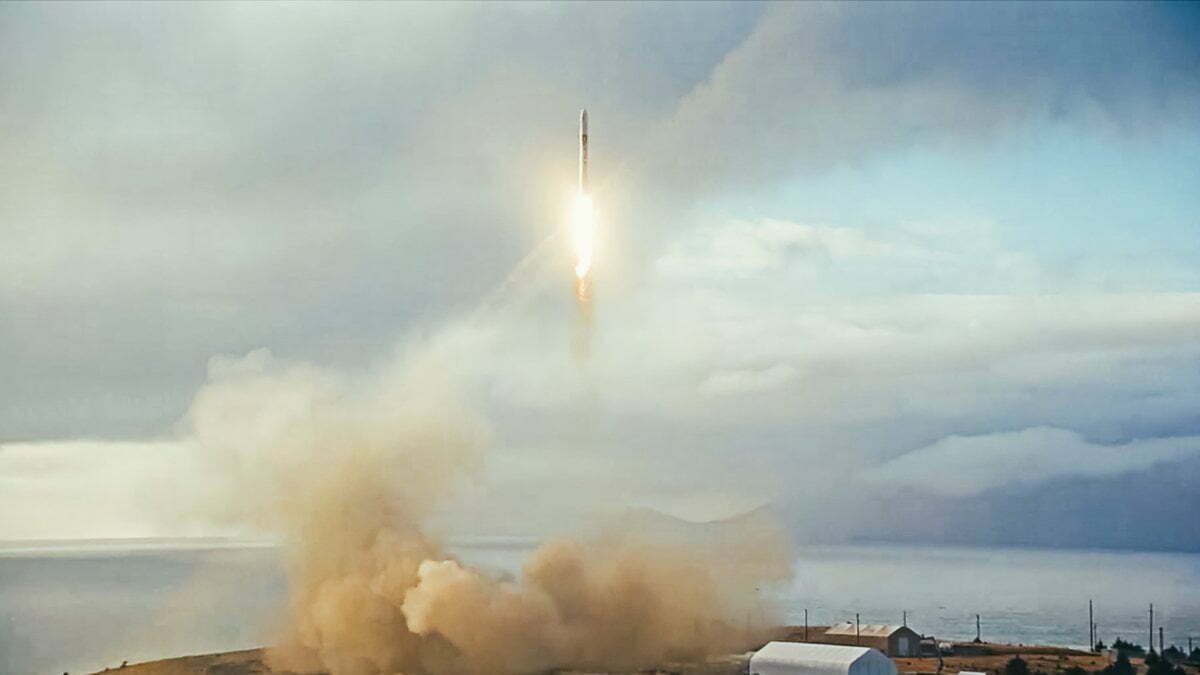Launch startup ABL Space Systems’ first orbital launch attempt ended in failure Tuesday when all nine engines of the RS1 rocket’s first stage simultaneously shut down, causing the rocket to crash into and destroy the launch pad.
At 6:27 PM EST, the rocket launched from Pacific Spaceport Complex on Kodiak Island, Alaska. The engines failed soon after take-off; sadly, the CubeSat payload for data analytics company OmniTeq was lost but no personnel were harmed in the impact.
The company is collaborating with spaceport and FAA officials to investigate why the rocket’s engine shut down, as is standard for anomalous launches.
ABL President Dan Piemont informed TechGround that the investigation is still in its preliminary stages, and although “the simultaneous shutdown is a strong indication,” more time will be needed to identify contributing factors and establish a root cause.
ABL’s RS1 rocket stands 88 feet tall and can take 1,350 kg to low Earth orbit, rivaling Firefly Aerospace’s Alpha. Each launch will cost around $12 million, putting ABL in the growing market of companies aiming to provide fast launches at a reasonable price.
Tuesday’s failure followed close on the heels of Monday’s Virgin Orbit mission anomaly, as well as recent setbacks for Arianespace’s Vega-C and China Landspace’s Zhuque-2—the world’s first methane-fueled rocket intended for orbital flight.
Since its founding in 2017, ABL has raised $420 million and recently extended a Series B round for an additional $200 million at a valuation of $2.4 billion. Lockheed Martin invested in the startup last April, committing to up to 58 launches.
“We’re eager to begin Flight 2 once the Flight 1 investigation is done,” stated Piemont, noting that their vehicle is already assembled and ready.








